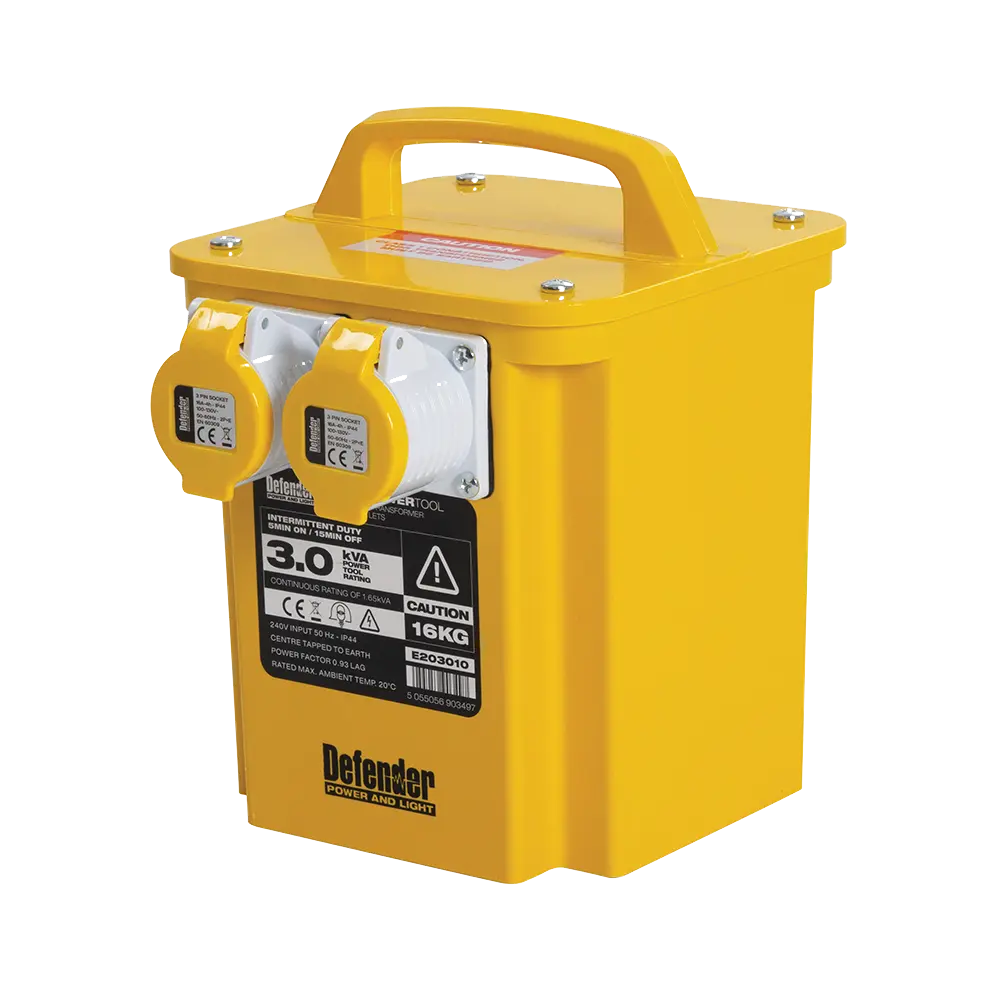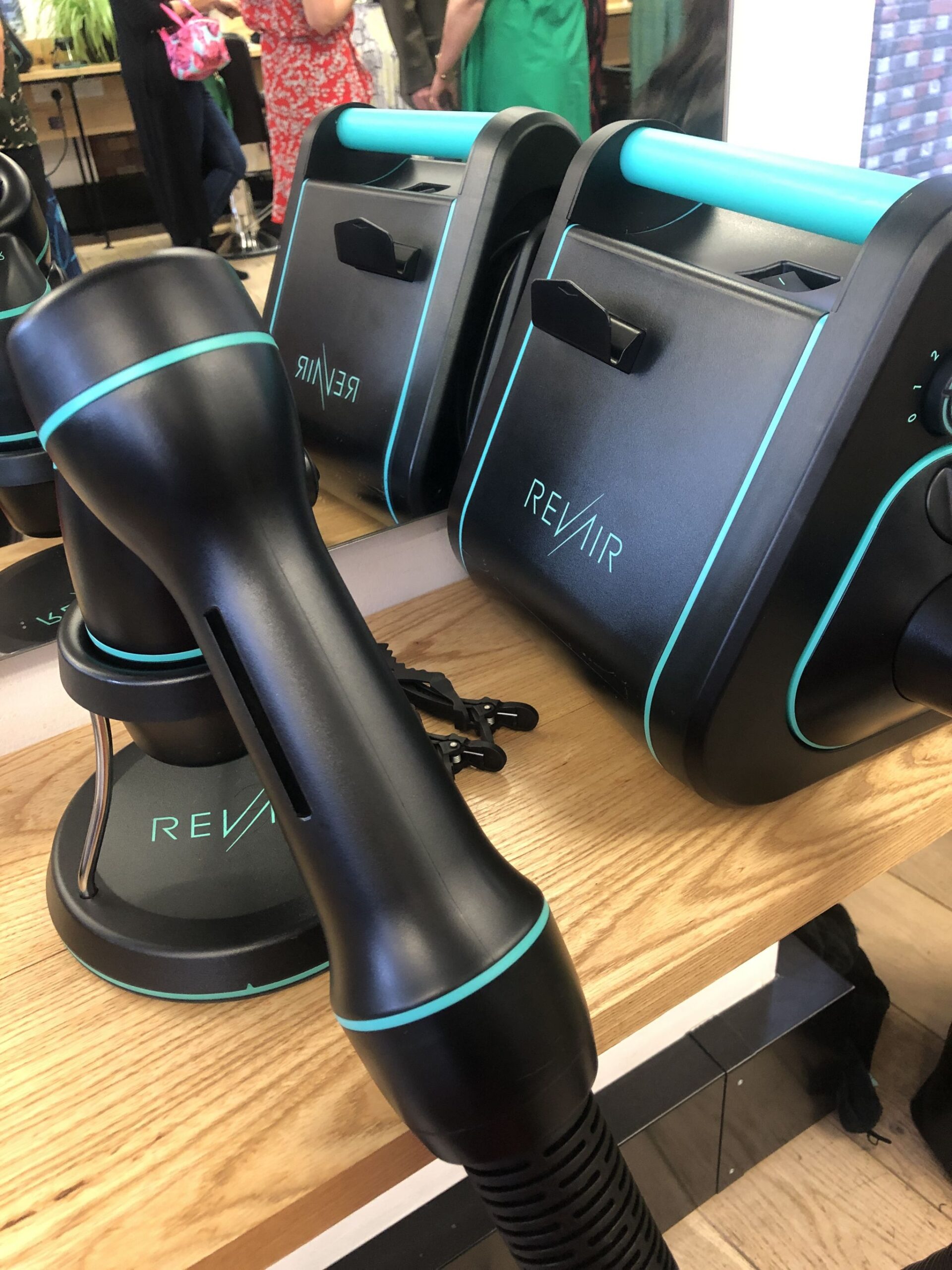Hi friends, hope this is the right session where to post this thread..
first of all hank you so much for the opportunity to write here i'm looking for a solution to make it work in Italy an USA air dryer.The air dryer is compatible with 120V/60hz 15amp, in Italy we use 230V 50HZ. I am looking to design my own frequency converter / circuit even rewinding he motor, Another option is to make it work with an inverter which should still provide the correct voltage & 60Hz frequency sinewave output.
i'm looking for a solution to make it work in Italy an USA air dryer.The air dryer is compatible with 120V/60hz 15amp, in Italy we use 230V 50HZ. I am looking to design my own frequency converter / circuit even rewinding he motor, Another option is to make it work with an inverter which should still provide the correct voltage & 60Hz frequency sinewave output.
as you can imagine i am looking any way possible to make this air dryer work in italy, i really need his particular model to work in Italy and implement it in my wife air saloon.

Thank you really in advance everybody that give me any support and even willing to work with me on his project
Best regards Andrea
first of all hank you so much for the opportunity to write here
as you can imagine i am looking any way possible to make this air dryer work in italy, i really need his particular model to work in Italy and implement it in my wife air saloon.
Thank you really in advance everybody that give me any support and even willing to work with me on his project
Best regards Andrea




